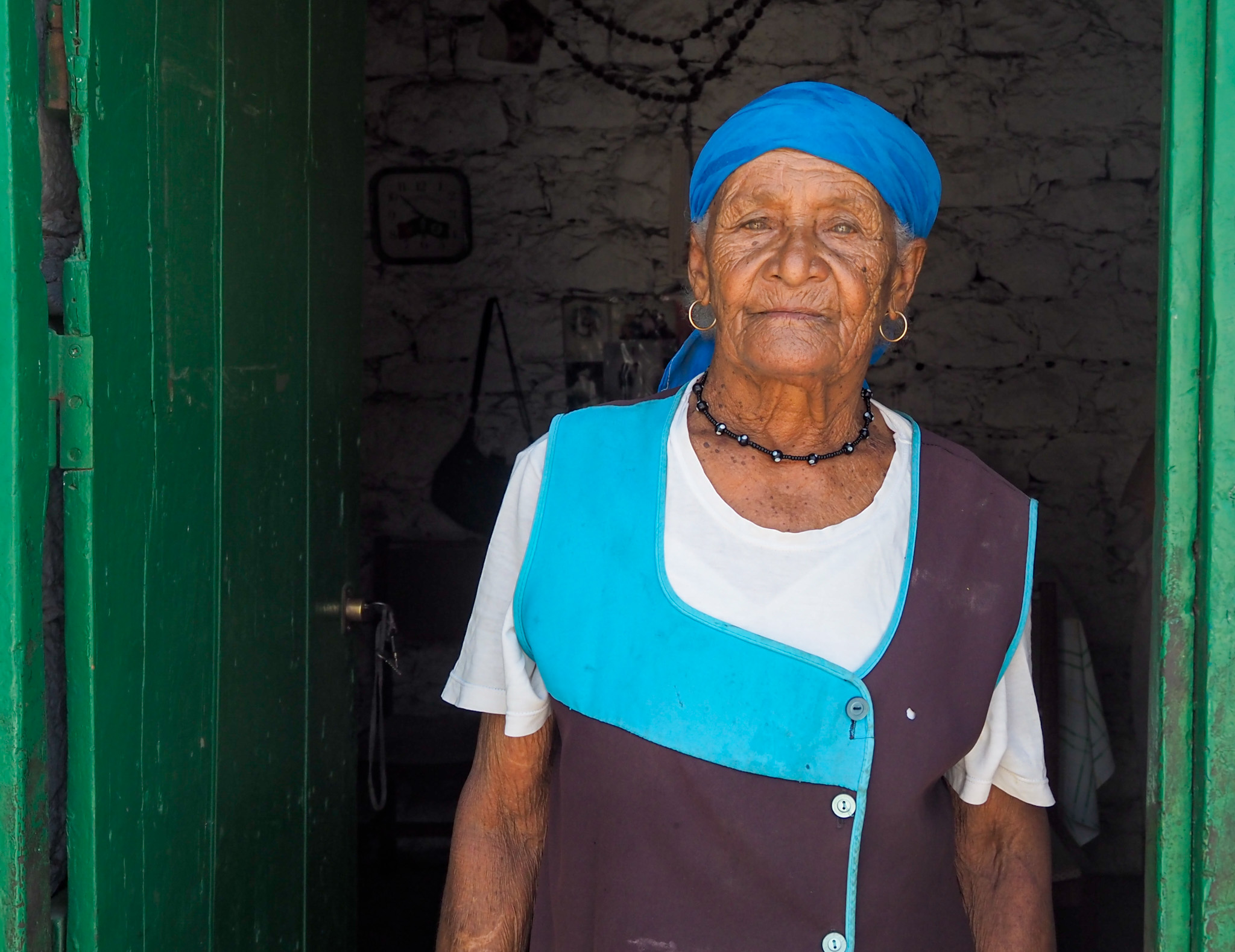Fr. Eduardo Emilio Aguero, SCJ
Gospel Reflection – Mk 12:38-44
32nd Sunday in Ordinary Time – Year B
This Sunday’s readings introduce us to the example of two poor widows. Jesus commended them for their generous hearts and remarkable trust in God’s providence.
When Jesus first visited his hometown of Nazareth, he was not welcomed by his own. He cited the example of the widow of Zarephath, a town outside Israel, who welcomed the prophet Elijah during a severe drought (Lk 4,16-30).
Offering “a cupful of water to drink” to a traveler was a gesture of hospitality (cf. Jn 4:7), which the widow of Zarephath extended to Elijah. However, he challenged her further by asking for “a bit of bread.” The poor widow opened her heart to the prophet and shared her desperate situation: she was gathering firewood to cook the last meal for herself and her only son. Even in that critical situation, she remained open to offering hospitality to the prophet.
In his latest encyclical, “Diexit Nos,” Pope Francis invites us to cultivate our interior life, delve into the depths of our hearts through prayer, and from there, establish deep relationships: “For only the heart creates intimacy, true closeness between two persons. Only the heart is able to welcome and offer hospitality. Intimacy is the proper activity and the domain of the heart’. (DN 12). The widow of Zarephath opened her heart to the prophet and offered all she had to him.
All she had was a handful of flour and a little oil in her jug. As a poor widow, she most probably had to beg for food to survive. Now she is challenged by Elijah to trust in the word of the Lord and offer it all.
God’s providence is greater and deeper than our shortsighted plans! This widow teaches us to entrust everything to God. No matter how poor we are, we always have something to offer Him, so He can continue to nourish us day by day, giving us life and strength.
The Lord taught me that same lesson on my priestly anniversary. An old widow whom I see in the church every day, and who had just undergone a serious operation came to our community house to offer me a gift. She was so weak that she could not climb the stairs of our apartment, so she called me on my phone and I hurried down to greet her. As she handed me over a red envelope, I told her she didn’t need to give me anything. With a big smile she replied, “We really need you, priests! I am very thankful for your service!” Her words and gesture were the best gift I received for my priestly anniversary.
In the Gospel reading, we hear that “Jesus sat down opposite the treasury and observed how the crowd put money into the treasury.” Jesus contemplates. His contemplative heart perceives deep into our inner selves; he sees beyond appearances into our hearts, our real intentions and secrets. Two little copper coins bear more value than big sums of money! God has other patterns to measure our actions: not the quantity but the love we invest in our service, not our selfish show-offs, but the sincerity of our intentions, not our overrated need to be affirmed by others, but the reward of God’s joy into our hearts.
The simplicity and generosity of that poor widow reflect Jesus’ heart, humble and gentle (cf. Mt 11:29). In today’s second reading, we see that in fulfilling the Father’s plan, Jesus, the true High Priest, gave what was most precious to Him: His own life. Through His sacrifice, He showed us the perfect gift that God wants and expects from each of His children: the giving of ourselves so that His loving plan for us and the whole world may be fulfilled.
We could envision ourselves as that poor widow before the temple treasury. We can experience His loving gaze on us. When we pray in the silence of our hearts, we can’t hide our true selves nor pretend to be who we are not. In his encyclical about the Sacred Heart, Pope Francis noted how Cardinal Newman came “…to recognize that his deepest encounter with himself and with the Lord came…from his prayerful dialogue, heart to heart, with Christ, alive and present” (DN 26)..
Can I also stand before the Lord with the attitude of that widow? What do I give to God? Just a part of me and my time? Or, like these widows, am I willing to offer Him my whole life to do His will?


 Follow
Follow


